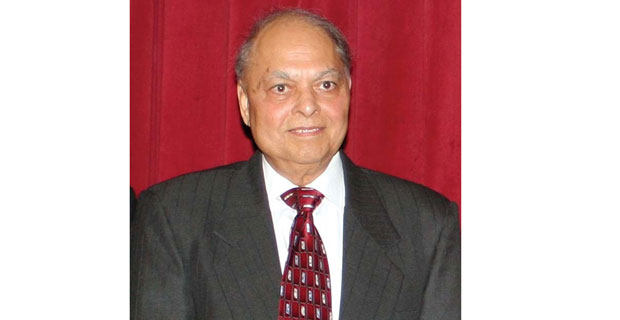Relevance of Kolkata Memorial with Voluntary Indian Emigration
In 1834 slavery was abolished and that ended ...
In Fiji, Punjabis were disappointed at the low level of wages paid to them. According to Gajraj Singh, “Punjabis refused to obey their labor overseers who were frightened by their physical strength and fiery temper. All of them were repatriated to India as distressed British subjects.” As a result of this incident, the colonial agents in India were instructed to avoid Punjabi recruitment for plantation work in the colonies. The shipping company agents nevertheless continued enticing Indians from Punjab to change their name and become eligible for free passage as indentured workers or pay their own passage. Several Punjabis volunteered to pay their own passage for jobs and opportunities in the colonies.
In the early twentieth century, the British started recruiting Indians from Punjab for the police, army and security forces for Malaya (as Malaysia was known then) to counter the growing influence of the Chinese. They also recruited Indians from Punjab for Singapore, Hong Kong and China for security forces. Those who could not enlist in the police or army became watchmen to the rich and prosperous. Friends and relatives of some of these Punjabi soldiers and security personnel followed them to the new lands in search of economic opportunities.
The immigrants worked on menial jobs or found work that the locals would not do. However, they sent glowing news about their exaggerated incomes to their village networks, family and friends. Motivated to seek opportunities and get rich quickly, a significant number of Punjabi peasants migrated to British ruled colonies and countries including Australia, New Zealand, Fiji, Canada, and America as volunteer migrants. There was no passport system in those days so people could travel from one country to another with fewer restrictions.











Comments.